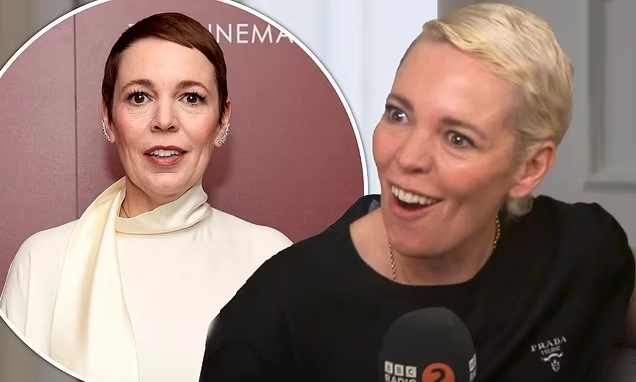Olivia Colman, a producer and actress, criticized the salary gaps in Hollywood, saying that if she were a male performer, she would be paid “a f— of a lot more.”
Colman said on Saturday, “Don’t get me started on the pay disparity,” in an interview with Christiane Amanpour of CNN. However, male performers get paid more because, even though it hasn’t been true for decades, they used to claim that they attract crowds.
However, they continue to enjoy using it as an excuse to underpay women relative to males.
Asking whether she herself still experiences salary differences, Amanpour mentioned Colman as a “Oscar-winning actress.”
Colman shot back, saying, “I’m very aware that if I was Oliver Colman, I’d be earning a f— of a lot more than I am.” “There is one pay gap that I am aware of, and it is 12,000 percent.”
Colman is the most recent Hollywood actress to spoke out about the salary differences she has seen in the business. She has acted in critically acclaimed movies like “The Favourite” and “The Father,” as well as television series like “The Crown” and “Heartstopper.”
Taraji P. Henson, actress of “The Color Purple,” said to The Hollywood Reporter in December that she “gets tired of fighting” for equal pay.
At the time, she said, “I’ve been getting paid and I’ve been fighting tooth and nail every project to get that same freaking quote.” People saying things like, ‘Oh girl, you work all the time,’ is like a smack in the face.
You’re constantly at work. Goddammit, I really must. It’s not that I want to do two films a year and be done with it. My calculations don’t add up, therefore I have to go to work. In addition, I have bills.
During last year’s dueling strikes by actors and writers, the pay and treatment of Hollywood performers, crews, and authors came under intense scrutiny.
The Hollywood actors’ union, SAG-AFTRA, went on strike for 118 days last year, the longest in the organization’s history, demanding compensation increases, safeguards against artificial intelligence, and certain reductions in streaming income.
A little more than a month after the Writers Guild of America signed a separate deal with studios after almost five months, a preliminary agreement was reached last November.
